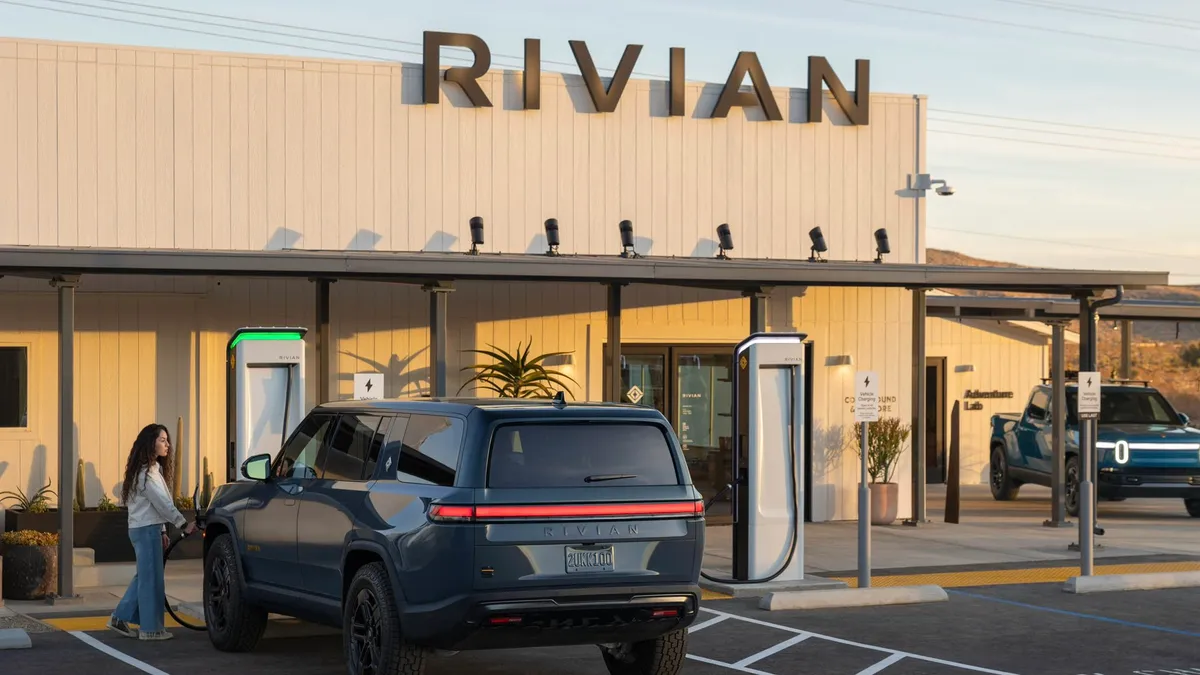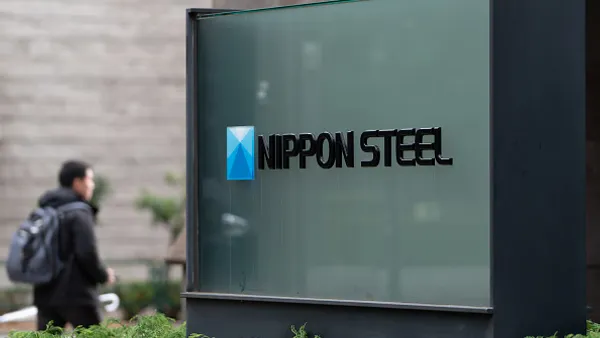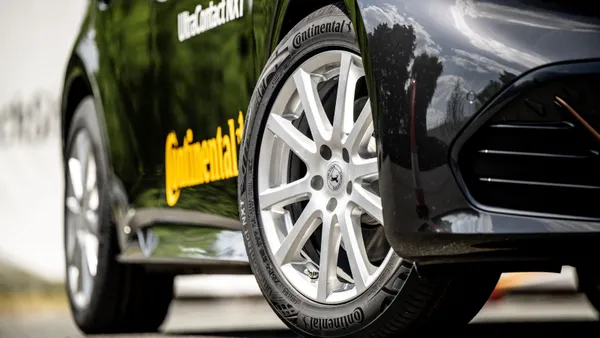Dive Brief:
- The U.S. Federal Trade Commission will stop the Combating Auto Retail Scams rule from taking effect until a federal appeals court decides whether to uphold the regulation, according to a stay order issued by the agency Thursday.
- The National Automobile Dealers Association and the Texas Automobile Dealers Association sued the FTC earlier this month in the United States Court of Appeals for the Fifth Circuit, alleging that the agency does not have the legal authority to issue such a rule.
- The rule was scheduled to take effect on July 30, 2024. The FTC said in a press release the legal proceedings “should not postpone implementation of the Rule by more than a few months.”
Dive Insight:
The CARS rule limits car dealers’ bait-and-switch sales tactics and junk fees by banning dealers from misrepresenting important information like price. It also prevents them from charging consumers for add-ons that do not provide a benefit, such as warranty programs duplicating a manufacturer’s warranty, in addition to other provisions.
Car dealers, however, oppose the rule, saying that it would create unnecessary paperwork and make it more difficult for consumers to buy cars and trucks. In December, NADA hinted it would sue to block the rule.
“We are pleased that the FTC has determined that ‘it is in the interests of justice to stay the effective date of the rule to allow for judicial review,’” said Mike Stanton, president and CEO of NADA, in a statement Thursday. “The FTC failed to demonstrate the need for the rule and has not tested the effectiveness of its mandates with consumers. NADA will continue to advocate in the courts and in Congress to keep this ill-conceived rule from taking effect.”
The FTC said NADA and TADA had mischaracterized the rule by claiming that it would require dealers to upend their business practices and increase their compliance costs.
“In fact, the Rule does not impose substantial costs, if any, on dealers that presently comply with the law, and to the extent there are costs, those are outweighed by the benefits to consumers, to law-abiding dealers, and to fair competition—as honest dealers will not be at a competitive disadvantage relative to dishonest dealers,” the stay order says.












